The Outpatient Revolution: Why Demand for Flexible Facilities Continues to Grow
In a recent HCO News feature, Patrick McCurdy and Travis Leissner explore how healthcare delivery is rapidly evolving toward accessible, efficient...
4 min read
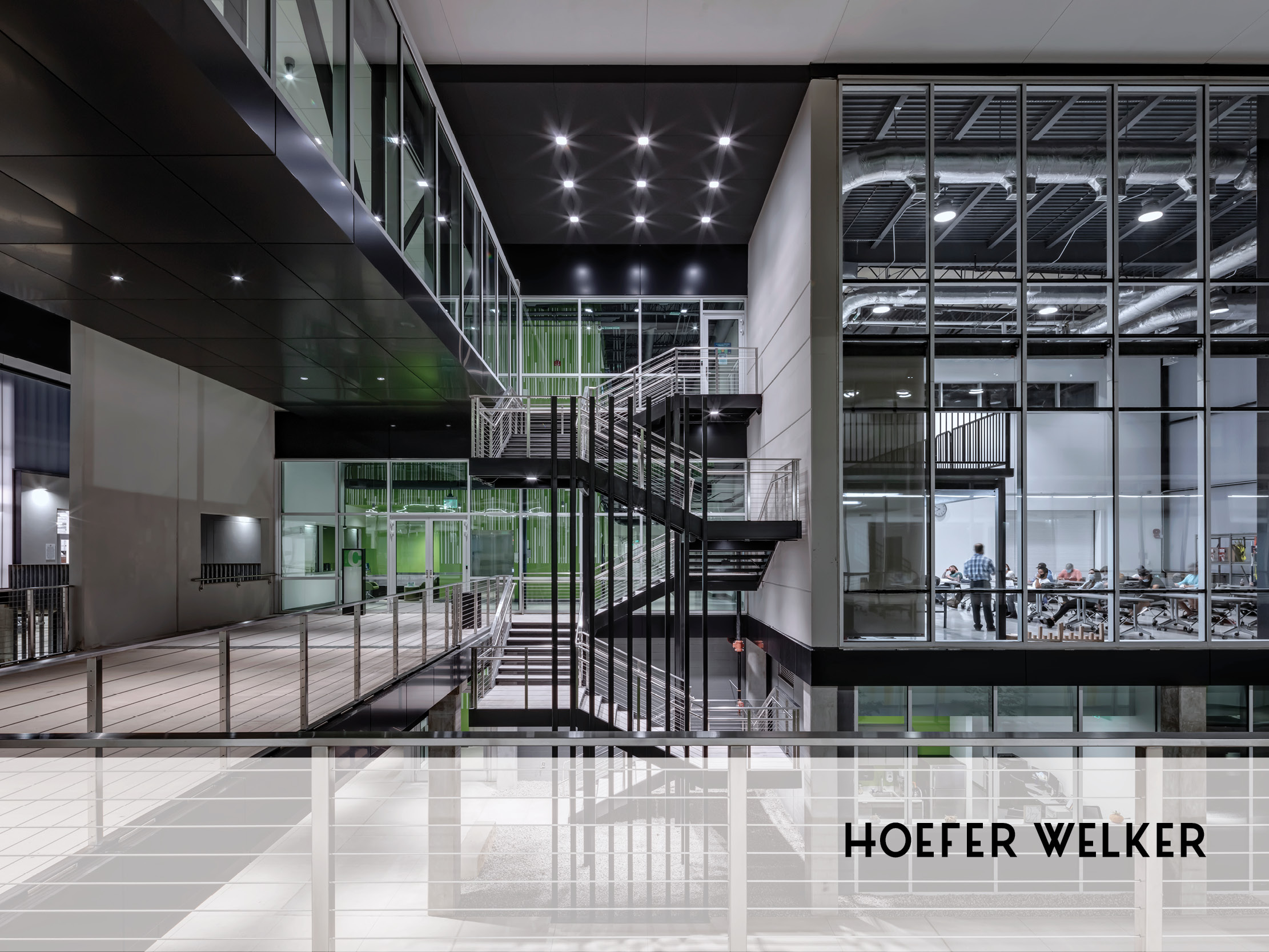
Higher education curriculums and physical learning environments have been adapting to best suit their students’ changing needs based on workforce demand. Collin College in Allen, Texas, is currently experiencing such an evolution. The college recently completed the construction of its Technical Campus, and the design is having positive effects.
The 340,000-square-foot Collin College Technical Campus is dedicated to teaching advanced manufacturing, health sciences, logistics, and other high-demand, high-wage trades. The campus includes spaces for highly specialized training and formal education opportunities where various trades work together in a modern, interdisciplinary environment.
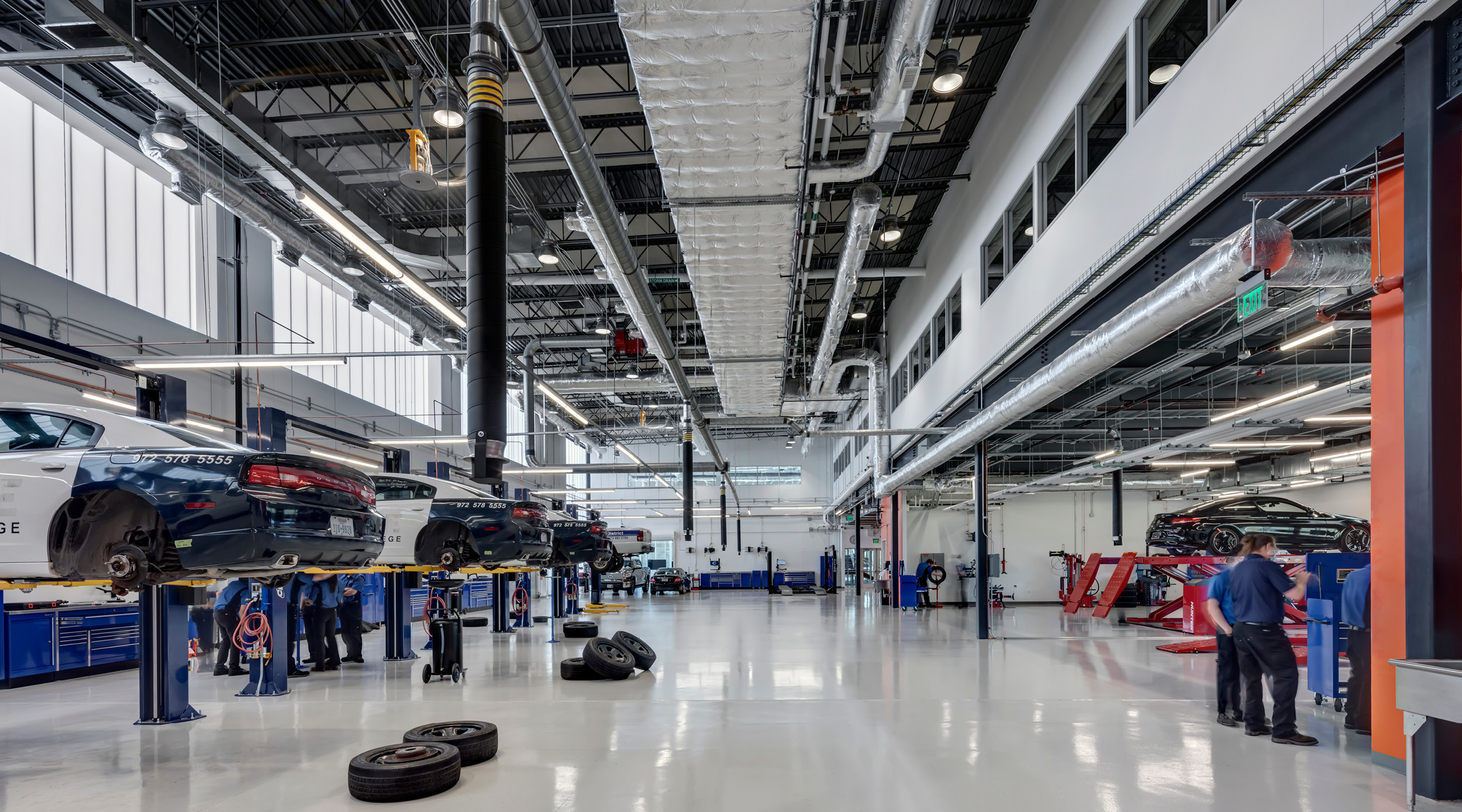
According to Richard Miller, Hoefer Welker’s education practice leader and partner, post-secondary education investment for the development of vocational skills has always taken a backseat to traditional four-year university programs.
“Community colleges and trade schools have been the ‘missing middle’ of education in our communities for too long. We are now investing in their educational environments the way our country has been for traditional four-year institutions for decades,” Miller said. “These institutions educate our future nurses, automotive mechanics, medical equipment repair technicians, welders, electricians, and everything in between. As our communities grow, those professionals will only become more essential.”
Courses for trades require a more hands-on approach and demand spaces designed to fit interdisciplinary learning styles, such as construction students working directly with electrician and welding students.
Trade education requires a different teaching approach and learning environment from traditional higher education institutions’ lecture and classroom format. Courses for trades require a more hands-on approach and demand spaces designed to fit interdisciplinary learning styles, such as construction students working directly with electrician and welding students. Including these spaces within design and construction projects can be difficult, but Collin College Technical Campus meets the needs of its students.
“For years, trade students around the country have endured subpar learning environments that do not reflect the conditions and situations they’ll face once they enter the workforce,” Miller said. “At Collin College, we’ve created environments that simulate real-life working conditions that prepare students for the future and elevate their education.”
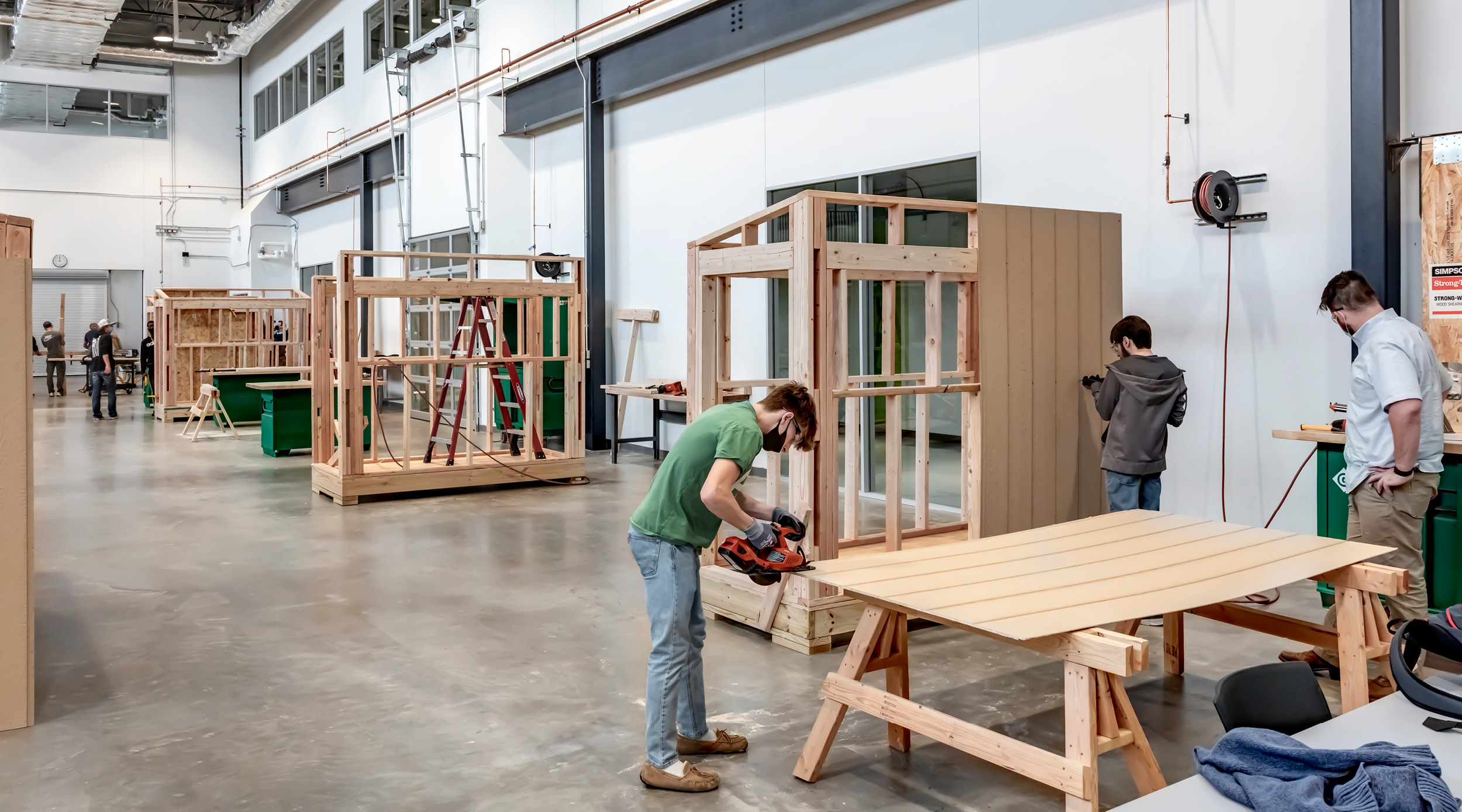
The project at Collin College has changed everything about the education programs, from enrollment and attrition to job placement.
“The programs at the Technical Campus have exploded in popularity since we completed the project,” Miller said. “They’ve had to form waiting lists for enrollment in almost every discipline. Their investment in trades education is a unique selling point for economic development in the Dallas-Fort Worth area.”
The programs at the Technical Campus have exploded in popularity since we completed the project. They’ve had to form waiting lists for enrollment in almost every discipline.
Tony Schmitz, vice president at Hoefer Welker, is proud of how the Technical Campus is designed to encourage interaction with younger students in the area. Collin College partnered with local school systems, including Allen, McKinney, Frisco, and Plano independent school districts. The campus’s dual credit high school program includes 15 traditional classrooms, two computer labs, two science wet labs and breakout spaces for interdisciplinary collaboration, and administration and faculty spaces.
“Collin College is already seeing the impact in the community,” Schmitz said. “This is a place that students are flocking to and, more importantly, staying. Collin College Technical Campus offers students an education that allows them to compete with traditional university graduates at a fraction of the cost.”
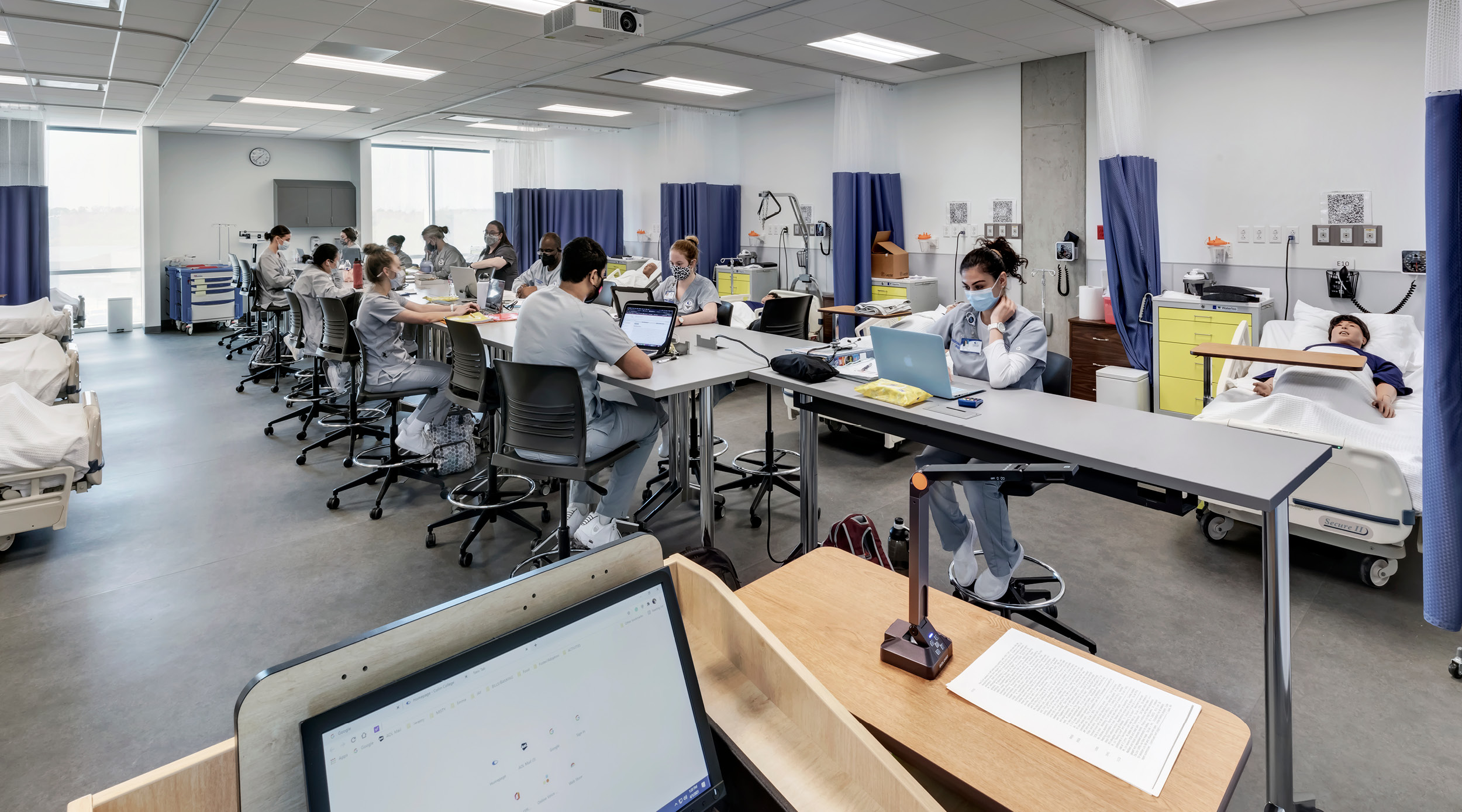
Collin College and Hoefer Welker partnered with industry-leading companies as they began the research process for the Technical Campus. Schmitz says the environmental design and curriculum are specially crafted to increase job readiness.
“Bringing in industry professionals was essential to the development of this campus,” Schmitz said. “Real-world curriculum and accurate professional environments better prepare students to succeed.”
The Technical Campus includes “trade bars” that serve as real-world experience areas for the different trades. In these designated areas, students have access to resources and working environments they will see upon graduation. For example, the specialized, high-ceiling labs allow carpentry and construction students to work on actual buildings within a classroom setting.
The Technical Campus includes “trade bars” that serve as real-world experience areas for the different trades.
“These learning environments are the product of input from industry professionals,” Schmitz said. “Companies hire directly from Collin College because their students have proven hands-on experience. Where else will you find an educational setting where carpentry, electrician, plumbing, and construction students have already collaborated as they will on future job sites?”
In addition to practical learning environments, the Technical Campus focuses on making every space more comfortable to better serve its students. Something as simple as natural lighting is a basic amenity that isn’t commonly found in trade schools, unlike their four-year university counterparts.
“By bringing in natural light, we are creating a space that students want to be in,” Miller said. “This design is setting a precedent for trade schools and workplaces around the country.”
The site design applied a low-impact approach to the 32 acres. By utilizing the campus topography for the parking garage and creating a bioswale system to collect rainwater, the campus is an excellent example of sustainable design and education.
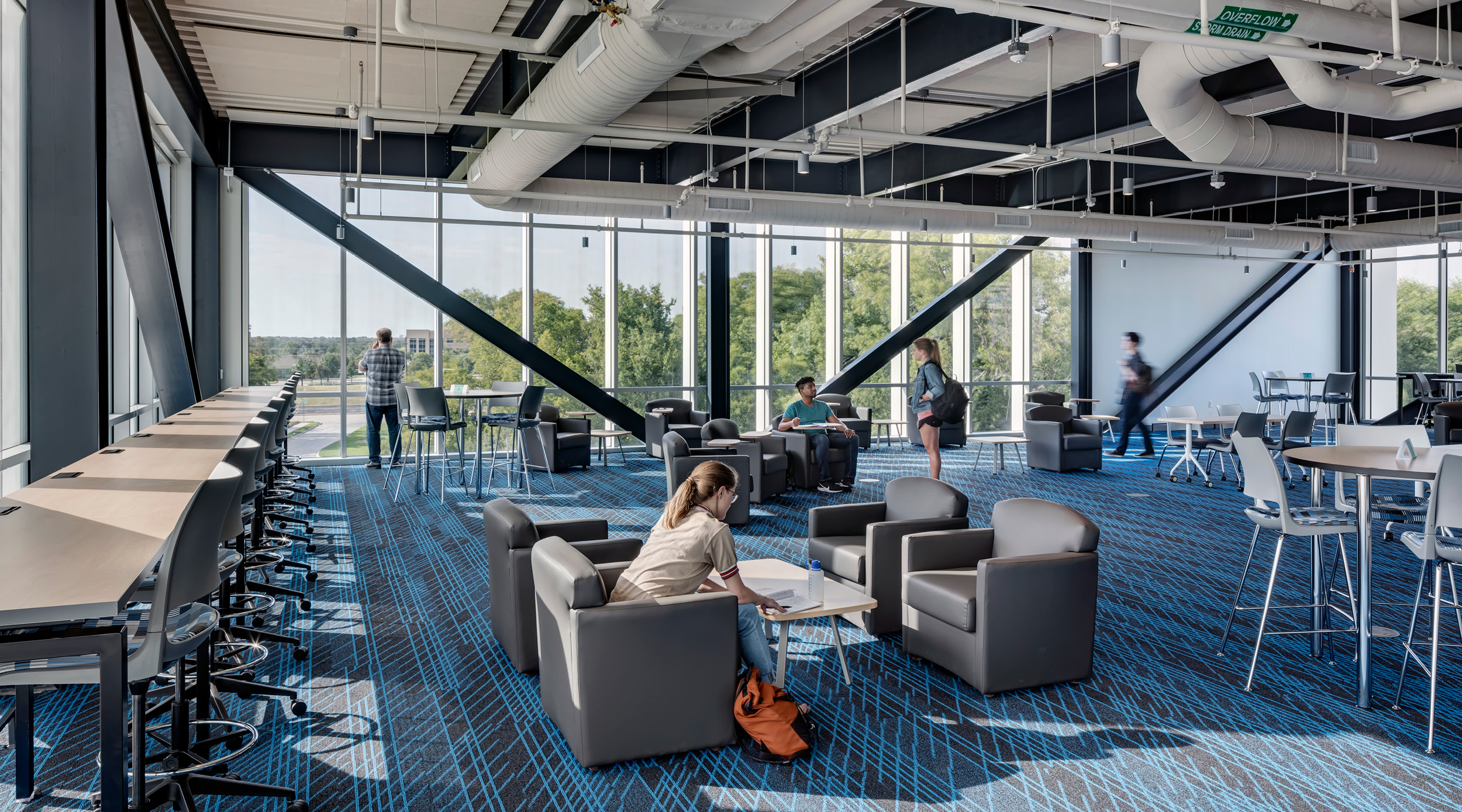
Something as simple as natural lighting is a basic amenity that isn’t commonly found in trade schools, unlike their four-year university counterparts.
Since the Technical Campus’s opening in 2021, community colleges and trade schools across the country have seen the benefits of upgrading their facilities and advancing how students are taught with hands-on experience within practical learning environments. Collin College is already planning to expand the campus to accommodate increased enrollment demand.
“The need for excellent technical and trade schools is only growing,” Miller said. “We aren’t just designing a space for the students to learn the basics of their trade. We’ve created environments where Collin College students will work across disciplines and gain work so they can be successful in our communities upon graduation.”
The Collin College Technical Campus is a recipient of the 2021 ENR Texas and Louisiana Best Specialty Construction Project award, the 2021 AIA Dallas Built Design Honor Award for Large Projects, and the 2022 Texas Society of Architects Design Award.
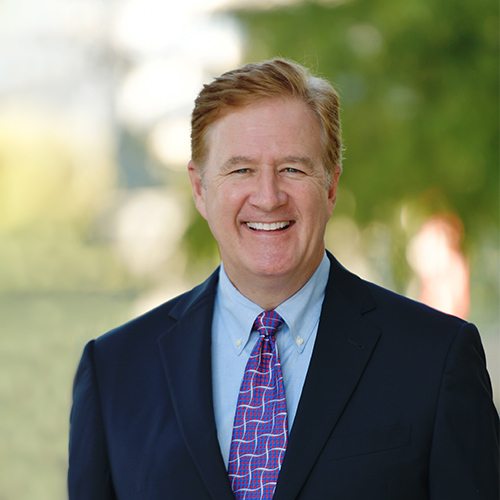
Based in the Dallas office, Richard directs our higher education design team. From science and engineering buildings to student centers and residence halls, Richard’s passion for collegiate architecture ensures a memorable and meaningful educational experience for students and faculty alike. Richard is a Fellow of the American Institute of Architects (FAIA), past President of AIA Dallas, and a Society of College and University Planning (SCUP) member.
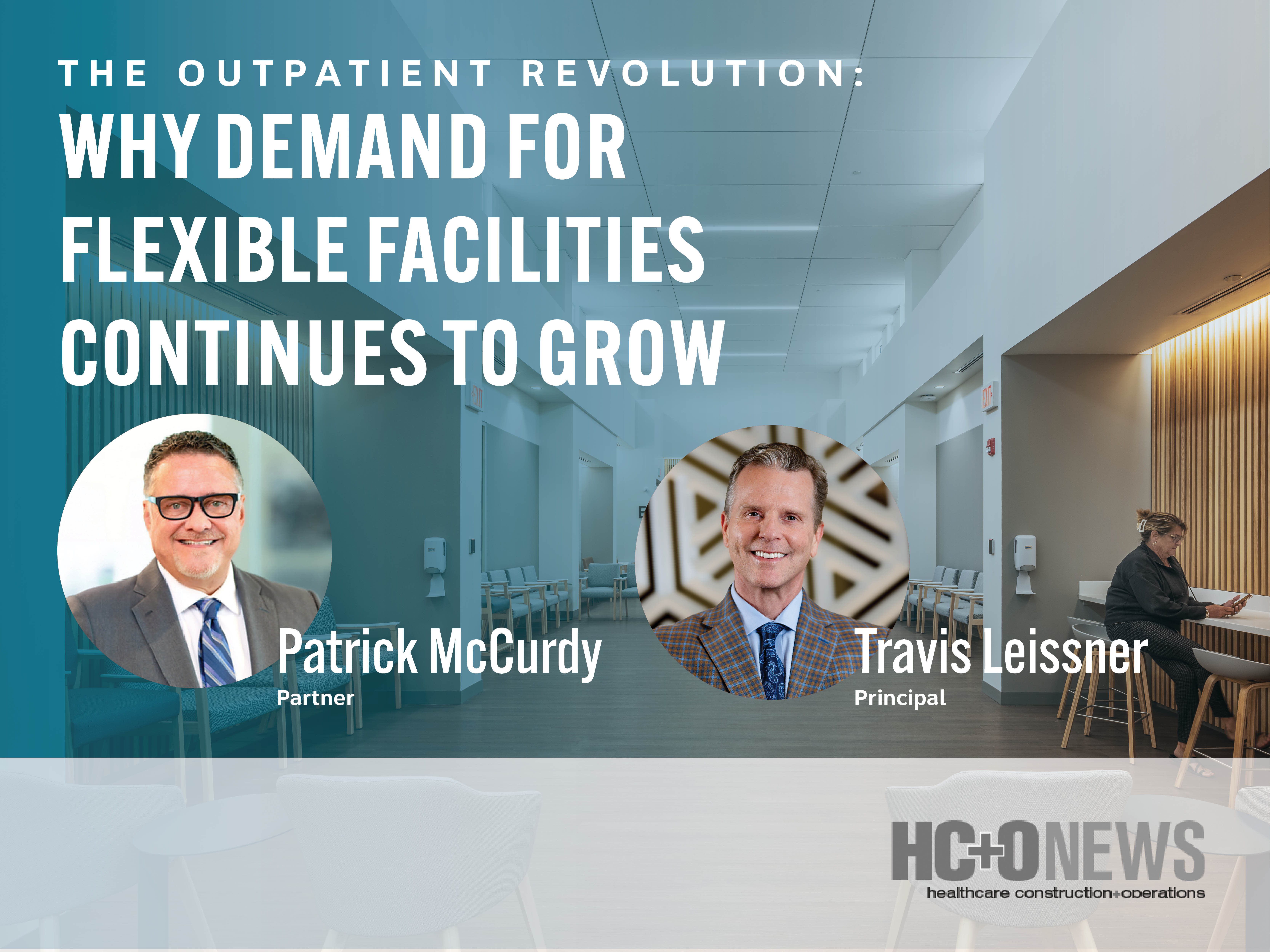
In a recent HCO News feature, Patrick McCurdy and Travis Leissner explore how healthcare delivery is rapidly evolving toward accessible, efficient...
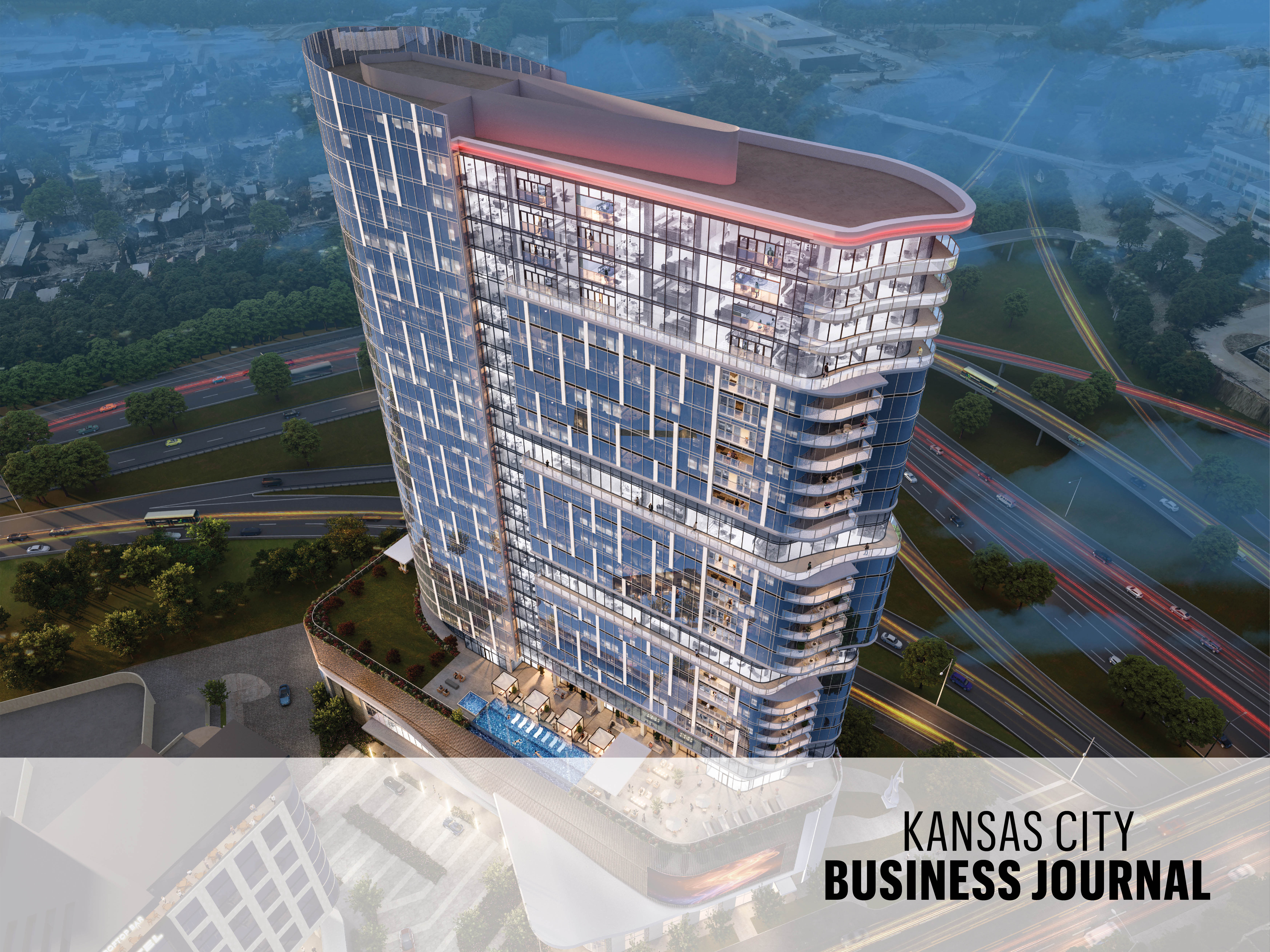
Hoefer Welker is serving as architect for a proposed 33-story residential high-rise at 16th and Broadway in downtown Kansas City. Developed by EPC...
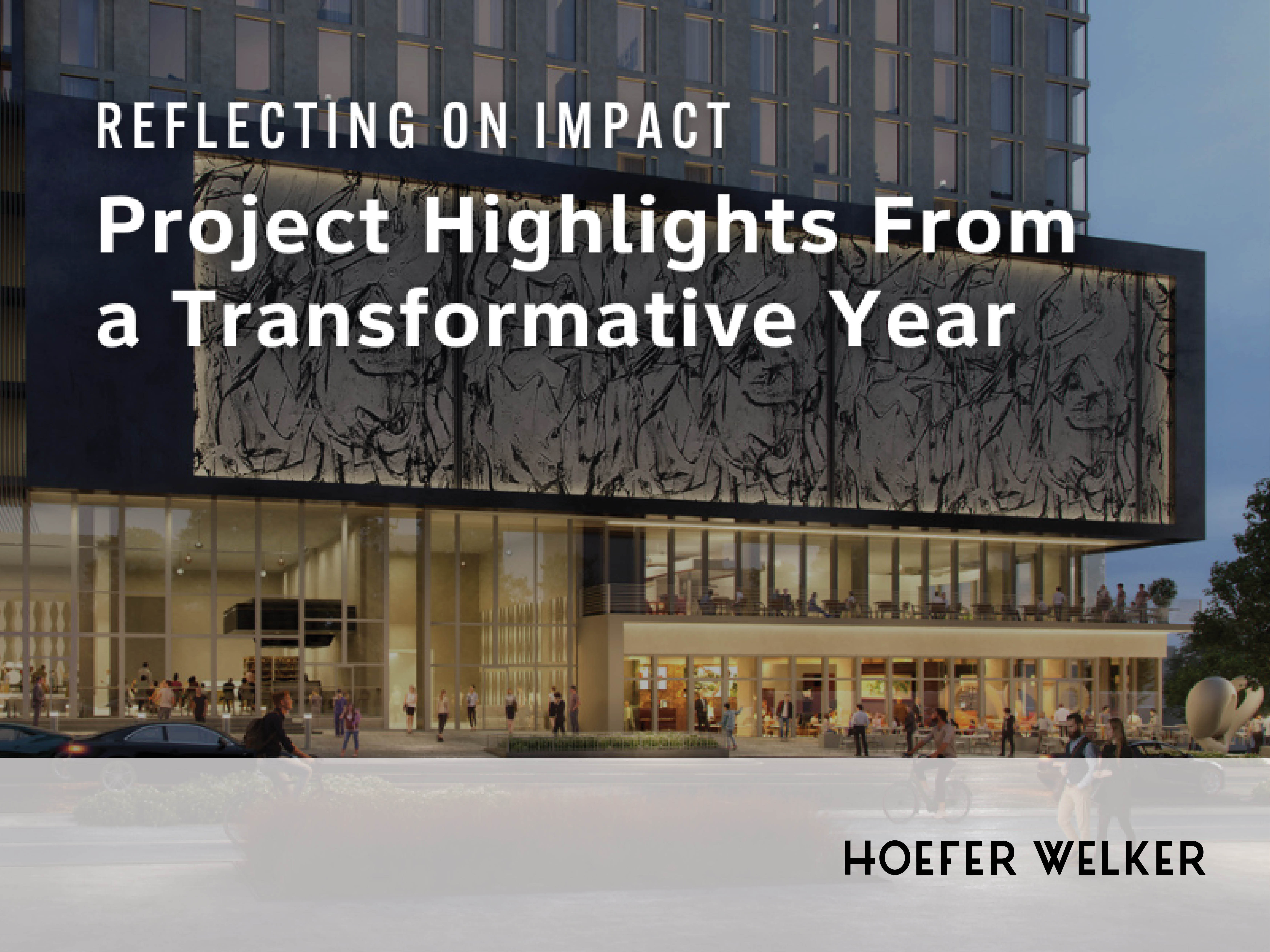
As we kick off the new year, our team at Hoefer Welker is taking the opportunity to reflect on the excellent year we had in 2025. Thanks to the...